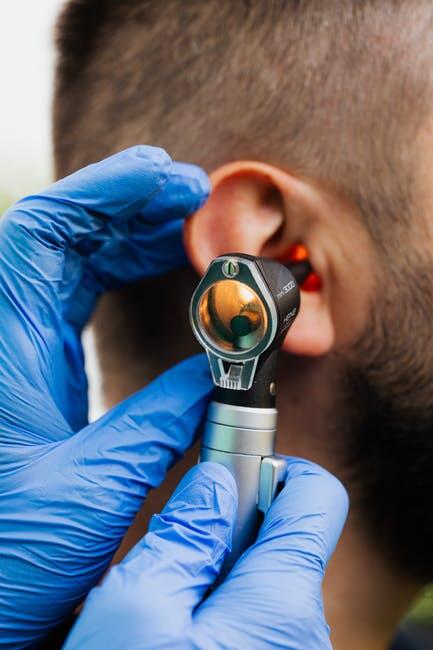
Are you dealing with ear pain and wondering if you should visit the ER? It’s a common dilemma, and knowing when to seek immediate care can be tricky. Recognizing the signs you should go to the ER for an ear infection can help you make the best health decision.
Ear infections are common, especially in children, but adults can suffer from them too. While many ear infections can be managed at home, knowing when to seek emergency care is crucial for preventing complications.
We’ll help you identify the key signs that indicate when to see a doctor. Take a minute to learn more about ear infections and how you can manage them.
Understanding Ear Infections
There are two primary types of ear infections: otitis media (middle ear) and otitis externa (outer ear). Otitis media often develops from respiratory infections and can cause fluid buildup behind the eardrum. Otitis externa, commonly known as swimmer’s ear, occurs when water gets trapped in the ear canal, leading to infection.
Common ear infection symptoms include:
- Ear pain or discomfort
- High fever
- Fluid drainage from the ear
- Itching in the ear canal
- Hearing loss
- Swelling Behind Ear
- Facial Weakness
Persistent pain, a high fever (typically over 101°F), or unusual ear discharge can indicate a serious infection that needs prompt evaluation. Hearing loss might suggest significant blockage while swelling behind the ear could signal complications like mastoiditis. Facial weakness or numbness may point to neurological issues requiring immediate care.
If you notice any of these symptoms, it’s crucial to see a doctor or go to the ER. Let’s explore the balance between home remedies and the importance of getting expert treatment when needed.
Home Remedies vs. Professional Treatment
Home treatments can help manage mild symptoms of ear infections, making them a good first step for relief. Common approaches focus on alleviating pain and discomfort while supporting recovery. However, it’s important to recognize their limitations and know when to seek urgent care for ear problems.
Common home remedies include:
- Warm compresses
- Over-the-counter pain relievers
- Hydration
- Rest
If symptoms persist beyond 48 hours or if severe symptoms develop, seeking medical advice is essential to prevent complications and ensure appropriate treatment for ear infections.
Risks of Delaying Care for an Ear Infection
Failing to seek care for an ear infection can lead to serious complications that may affect your overall health. While some infections may seem minor, ignoring symptoms can result in more significant issues down the line. Here are some potential risks of delaying treatment:
- Chronic ear infection
- Hearing loss
- Spread of infection
- Balance issues
- Facial nerve damage
- Meningitis
Recognizing these risks highlights the importance of timely medical attention. If you experience severe symptoms or notice no improvement, head call your doctor or go directly to the ER. You’ll avoid complications and receive proper treatment.
Should You Visit the ER for Ear Infection Treatment?
Knowing when to go to the ER for ear infection treatment can significantly impact your recovery and health.
At River Family Health in Boise, Idaho, we specialize in proactive care to help you manage ear infections effectively and avoid unnecessary emergency visits. Our compassionate team provides personalized education and resources, empowering you to take charge of your health journey.
Don’t wait-book an appointment today!






